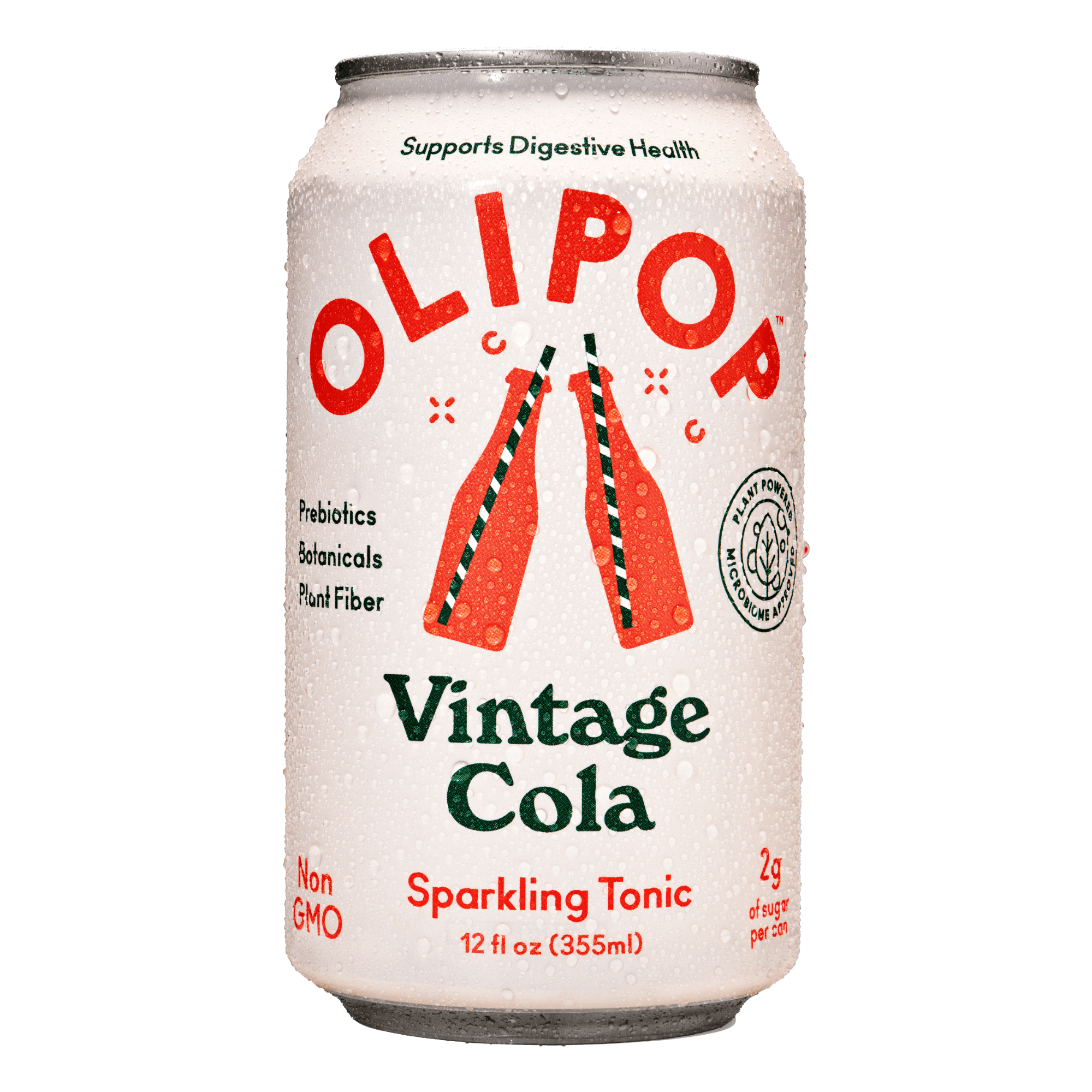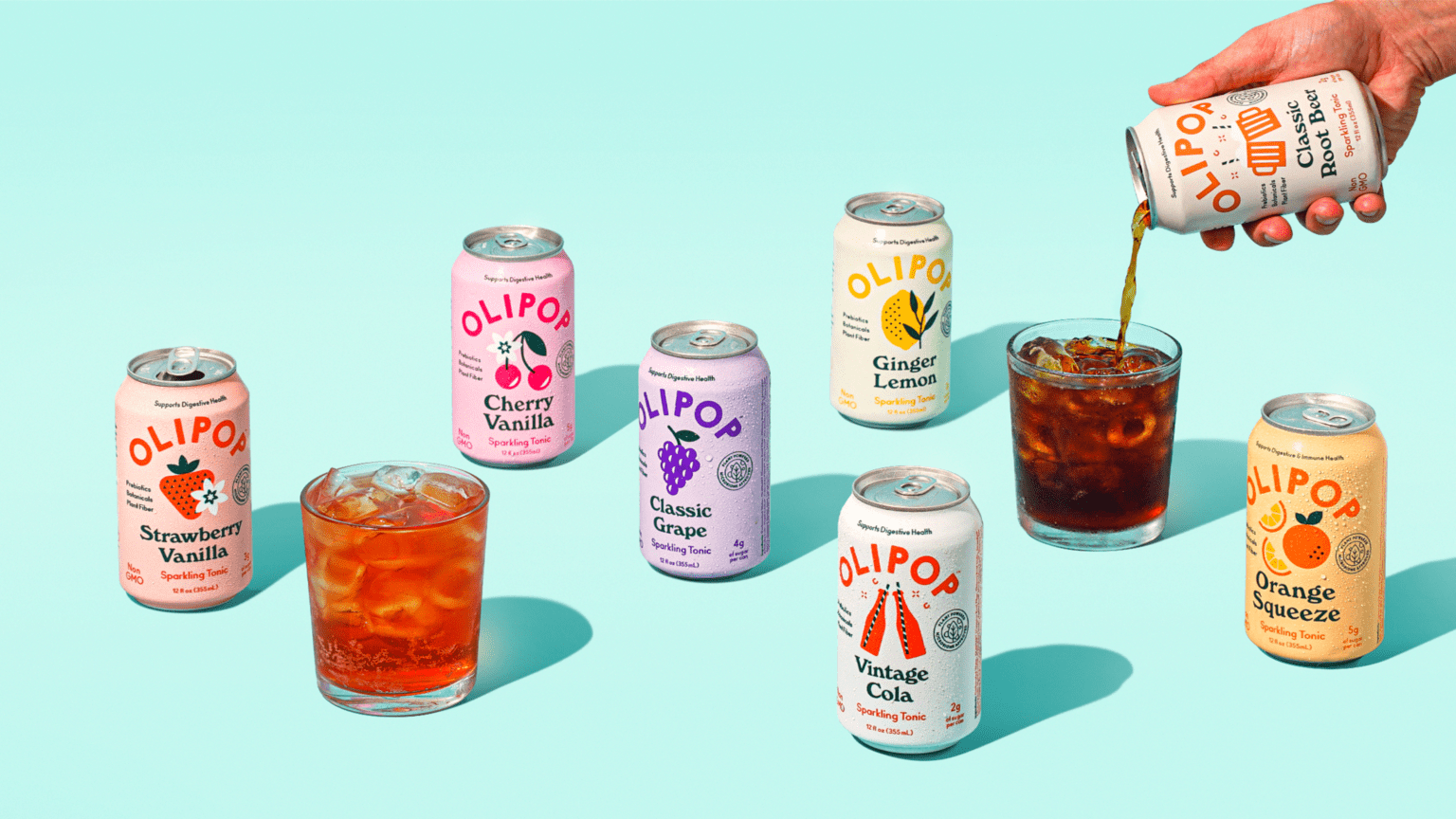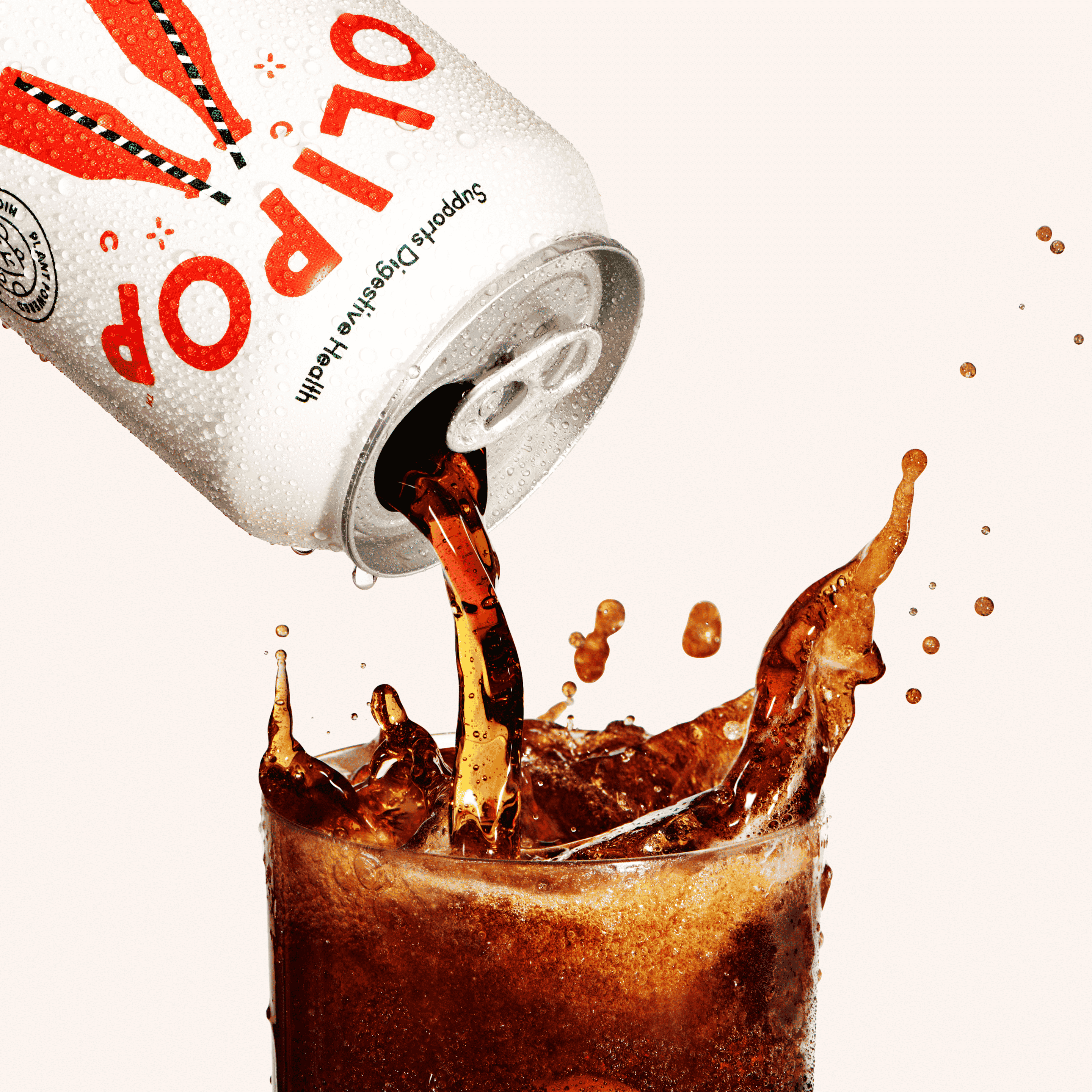Olipop Soda Lawsuit: The Untold Story & What You Need To Know
Is the fizzy future of gut health about to get a lot less bubbly? The Olipop soda lawsuit is not just another legal skirmish; it's a stark illustration of the challenges faced by modern food and beverage companies when their health claims are put under the microscope. This case, with its intricate web of allegations and counterarguments, demands a closer look.
The origins of the Olipop lawsuit can be traced back to a series of legal notices. These notices, filed by the Environmental Research Center (ERC), a California-based nonprofit watchdog dedicated to consumer safety, ignited the initial spark of controversy. The ERC's claims centered around the presence of heavy metals, specifically lead and mercury, in several Olipop soda flavors. The potential implications of these findings were, and remain, deeply concerning, as exposure to such elements can pose significant health risks.
The initial legal action, however, was far from the complete story. The ERC's notices and the subsequent media attention were just the beginning of a complex narrative. The lawsuit opened a window into the world of prebiotic soda brands and their marketing strategies, ultimately raising a series of fundamental questions about transparency, ingredient sourcing, and the veracity of health benefit claims.
- Jessica Tarlovs Transparent Bikini A Fashion Media Dive
- Funkytown Gore Video Origins Details And Controversy Explained
While Olipop has positioned itself as a healthier alternative to traditional sodas, it's important to address the reality: soda brands like Olipop and Poppi, regardless of their purported benefits, cannot fully replace the natural fiber and comprehensive nutritional profile provided by whole foods. They may represent a "better" option, but they are still a product of food science.
The central argument of the Olipop lawsuit rests on the health claims made by the company in their marketing materials. Plaintiffs contend that the advertisements and product descriptions suggest that Olipop aids in digestion, supports gut health, and offers other related benefits, without sufficient scientific evidence to substantiate these assertions. This issue brings into question the regulatory environment and advertising's influence in shaping consumer beliefs about health and wellness.
The legal battle, as it unfolds, has captured the attention of a diverse audience. Loyal customers are left wondering what this legal battle will mean for the future of the brand. The implications are important for any brand making bold claims about its benefits to the consumer.
- Discover Casino Bonuses Types Benefits For Players Google Discover
- Unlocking The Power Of Hubmasa Your Guide To Digital Success
The history of the company is intertwined with the story of Allison and Stephen Ellsworth, the founders of Poppi. Their appearance on ABC's Shark Tank was a pivotal moment, propelling the soda to prominence and leading to placement on the shelves of Whole Foods Market stores. The growth of the prebiotic soda market, however, has increased competition from brands such as Olipop. The competition has led to innovation and, at times, controversy.
In 2024, Olipop's annual sales surpassed $400 million, a testament to its popularity among a growing customer base. As the market expands, the company's marketing strategy is a key element in the brand's success. Olipop's mission is to revolutionize soda for the next generation. The company has invested heavily in taste and innovation to provide a product that is enjoyed by millions.
The brand's name, as David explained, is a clever combination of "oligosaccharide" (a type of prebiotic fiber) and the word "pop". Olipop's name reflects its mission: a healthier soda that consumers can embrace. It also offers a historical insight into soda's origins: in the early 19th century, soda bottles were sealed with corks, and the "pop" sound was made when the corks were opened, giving rise to the popular term.
As consumer interest in gut health grows, Olipop is gaining traction as a prebiotic soda brand. Olipop contains 9 grams of prebiotic fiber, including inulin, per can. According to their website, this fiber content supports digestive health.
The implications of the Olipop lawsuit go beyond the company and the product. They challenge the current landscape of health and wellness marketing. As the case moves forward, the soda brand and its core customer base must navigate a period of uncertainty. The outcomes of this case, including potential settlements or judgements, could have a wide-ranging impact on the food and beverage industry.
The legal process involves an in-depth examination of the company's marketing practices, ingredient sourcing, and the scientific evidence supporting the brands claims. The case might involve expert testimonies, scientific studies, and marketing materials, as both sides present their cases. These elements will shape the legal outcome and establish a precedent for the way similar cases are considered in the future.
The controversy surrounding the visceral reaction campaign has sparked discussions about marketing and its impact on consumer perceptions. Some consumers are questioning the significance of the campaign, while others feel it would not influence their enjoyment of the product. Regardless of the final decision, the lawsuit's impact on the brand and its future will be felt.
The lawsuit has exposed the scrutiny faced by the brands. It has called into question the health claims made by the brand. This has led to increased consumer awareness and a greater demand for transparency.
The Olipop lawsuit is not just a story about soda; its a complex story of brand building, consumer health, and legal challenges that define the modern food and beverage landscape.
The Olipop lawsuit is a wake-up call for the food and beverage industry. It highlights the importance of scientific evidence, transparency, and clear communication with consumers. This also impacts the way we view health claims and their role in the decisions we make.
A person drinks Poppi, a prebiotic soda, in New York on Wednesday, April 10, 2024, illustrating the growing market for these products.
| Company Name: | Olipop, Inc. |
| Industry: | Beverage, Prebiotic Soda |
| Founded: | 2018 |
| Founders: | Ben Goodwin and David Lester |
| Headquarters: | Los Angeles, CA |
| Key Products: | Prebiotic Soda in Various Flavors |
| Key Ingredients: | Prebiotic Fiber, Botanicals, Fruit Juice |
| Website: | drinkolipop.com |
| Claims & Lawsuit: | Claims of digestive and gut health benefits; Lawsuit alleges misleading health claims and potential heavy metal contamination. |
| Sales: | Reported annual sales surpassed $400 million in 2024 |
- Bollywood Streaming Guide Movies Where To Watch Tips
- Unveiling Masa 49 History Culture Financial Literacy

Unraveling The Olipop Lawsuit A Deep Dive Into The Controversy

The Story Behind Functional Soda OLIPOP From an Idea To Scoring a

The Story Behind Functional Soda OLIPOP From an Idea To Scoring a